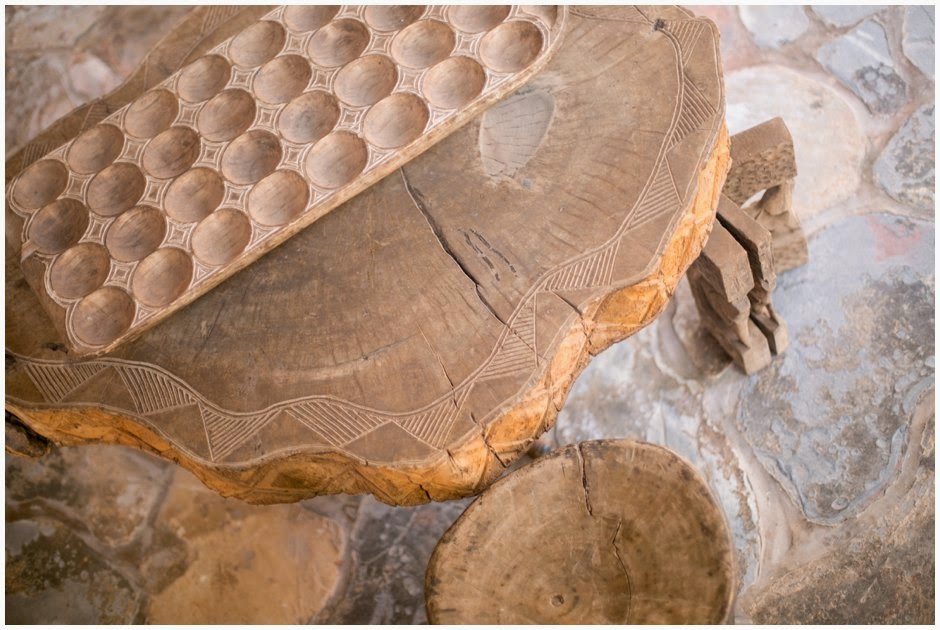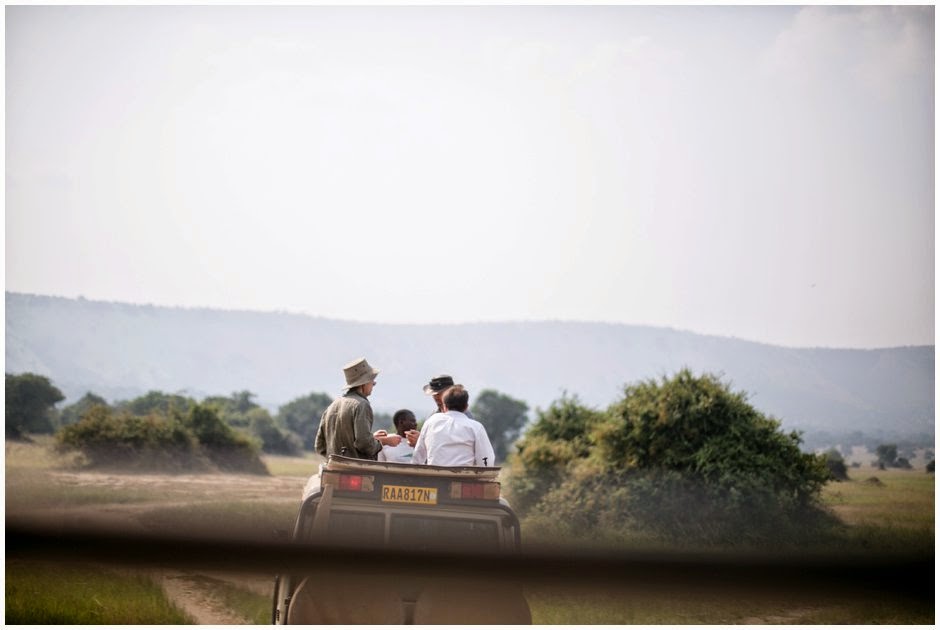i've often felt that the overarching theme of our last semester in the academy has been heavily entrenched in social justice questions and how they relate to the church and our lives. this has been very challenging and at times has left me with more questions than answers. we read about the nation of rwanda in bishop john's book "bishop of rwanda" and my heart tried to comprehend what it looked like for neighbors to slaughter, rape & kill their neighbors. and then i was reminded that i live in a country where we have done the same. i thought about what it takes for a country to become so divided, and then i was reminded that our own country has been in that same place. there are so very many similarities between rwanda and the u.s. when it comes to racial struggles and i have been so grateful for the opportunity to learn from rwandans.
when we landed in kigali, i was amazed to see how far this little country has come in just twenty years. i was challenged by their work ethic and the way that the people strive for unity and health together.
thanks to a very progressive & structured leader, their economy is improving, corruption isn't tolerated and they are quickly becoming known as the cleanest countries in africa. beyond those things, it's incredibly apparent that a major force of forgiveness and reconciliation has swept the nation, giving way to peace & harmony.
There are many verses in
scripture that keep coming to mind when I think of our role here on earth to
seek the welfare of the city where the Lord has placed us (Jer. 29:7). A few of these
verses, which I’ll share in a minute, were often on my heart during our trip to
Rwanda and have challenged me to analyze what I am currently doing and how that
may look different moving forward.
While in Rwanda, I saw evidence of God’s
redemption and blessing over and over again and it was very easy to begin
thinking that they have something special unto themselves. Yet I was
simultaneously reminded of the mercy, blessings & new opportunities America
has been lavished with as well. It’s a matter of how we are choosing to use
those assets. Am I truly, actively seeking the welfare of communities as a
whole or am I seeking the typical, bump-on-a-log, comfortable life for myself?
As I look around and see a city marked with
division, I’m reminded of Bishop John’s words, “The…devil is always trying to
divide us, and he will always come up with reasons for division.” Rwanda was a
nation wracked with division; sin that manifest itself in racial hatred and
classism. Today in America we still struggle with the same things, though
perhaps it looks slightly different. How can I combat these lies as we seek
justice for our brothers & sisters? Jesus speaks clearly of my foremost
role in this reversal, “If my people who are called by My name will humble
themselves, and pray and seek My face, and turn from their wicked ways, then I
will hear from heaven, and will forgive their sin and heal their land.” (2
Chron. 7:14) I was convicted many times during our trip that I simply don’t
humble myself & pray earnestly for God to do the changing work in our city.
I often pray asking Him how I can do the work, but I don’t simply sit and ask
Him, the all powerful & knowing God,
to redeem the heart of this city.
One of the outstanding elements about Rwanda
that encouraged me was the deep sense of community which was evident everywhere
we went. You can’t have fellowship like that without true reconciliation and it
was beautiful to see villages living under the joy of that unity. It made my
heart burn with a desire to see more of that in this city of Memphis. That as
we “share our bread with the hungry and bring the homeless poor into our
homes”, the light of this city will “break forth like the dawn” and our
“healing would spring up speedily”. (Is. 58:7&8) It’s so good to see the healing that has
already taken place here in Memphis but more people need to know of the Lord’s
forgiveness and more families need to understand the depth of reconciliation
and I want to be apart of that.
It reminds me of one of the first conversations
I had with a friend in Memphis 6 months ago. She was telling me about the
neighborhood they lived in East Memphis and how it was perfectly safe but when
they moved in, their realtor told them that because a few middle class black
families had moved in nearby, their property value would decrease. The fact
that a few Hispanic families of lower income had also recently moved in made no
difference. How do we expect
life-on-life reconciliation to take places if people are wrongly discouraged
from diversifying neighborhoods? One of the crucial pieces of Rwanda’s journey
to healing was thoroughly integrating villages and neighborhoods with
perpetrators and victims. Those who had
killed were required to build a home for the family who had lost loved ones.
The solitary were no longer homeless and the prisoners prospered with them
(Psalm 68:6). The push for diversity in
our churches and in our schools is needed but if we want the relationships of
understanding to outweigh the prejudice and stereotype in our city, we need to
live genuine life next door to one another. And if a home can simply lose value
because someone’s skin or culture is different, that must change! How is that
still allowed when we live many generations removed from laws that were enacted
to change that? I want to proactively face this issue head on and educate
myself in the coming weeks and months so that I can fight against the
injustice.
Spending time learning from a third world
country again taught me many things, but most especially, it fanned the flames in my
heart to live fully and passionately here where the Lord has placed me in this
season. Not taking it lightly or simply going with the flow but taking time to
evaluate & reevaluate what each step should be.
























































































































